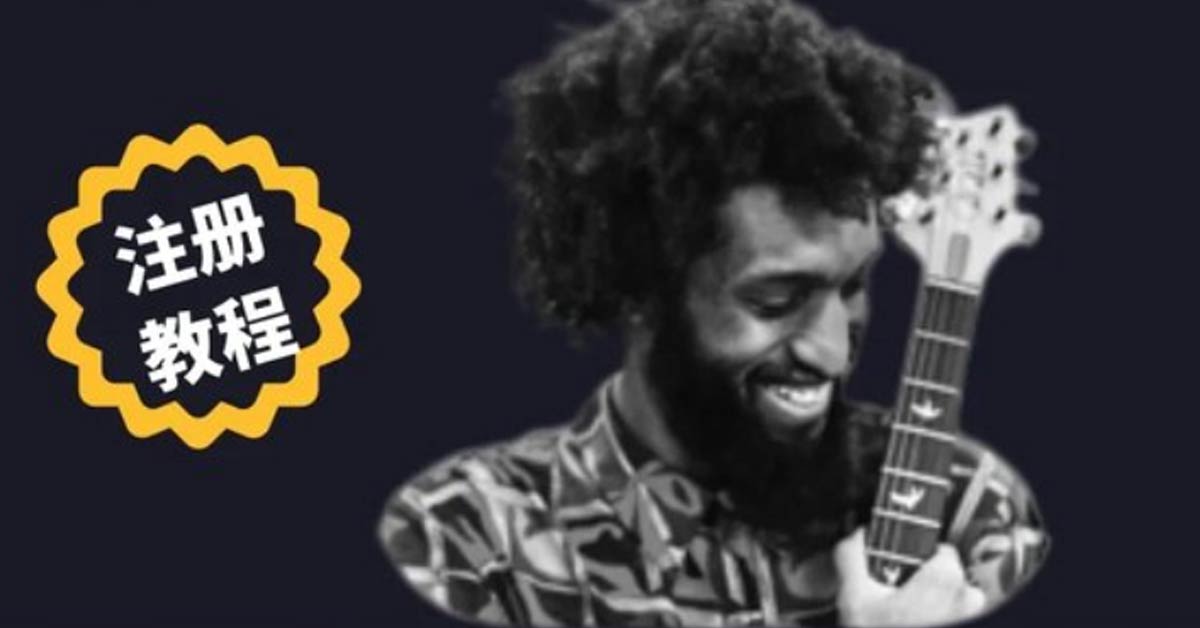![Promotional photo that the audio chat app Club House subscription course is sold for 8888 yuan (15.4 million won) in Taobao, China's largest internet shopping mall. [타오바오 캡처]](https://i0.wp.com/pds.joins.com/news/component/htmlphoto_mmdata/202102/08/754445fd-eb61-4788-b3fd-eb916f86abeb.jpg?w=560&ssl=1)
Promotional photo that the audio chat app Club House subscription course is sold for 8888 yuan (15.4 million won) in Taobao, China’s largest internet shopping mall. [타오바오 캡처]
Since the live broadcast of Tesla founder Elon Musk on the 1st, Clubhouse, a voice chat application that is popular all over the world, is explosively popular in China. It has been a hot topic due to the participation of celebrities, but the reason why the authorities are still “the censorship doldrums” is also a major factor in gaining popularity.
Popular “Internet Utopia” among professional netizens
Hot debate in commemoration of censorship damage, Hong Kong, and Li Won-ryang
A video lecture on how to use, such as how to obtain an invitation code for existing subscribers required to join the clubhouse, which is a Chinese name clubhouse, was posted on the Internet shopping mall Taobao for 8888 yuan (15.4 million won). The invitation code varies in price from tens of yuan to 500 yuan. The 268 yuan (50,000 won) product has already been bought by 285 people by the 8th.
The popularity of clubhouses in China is also confirmed on social media. On Weibo (Chinese version of Twitter), search terms such as’#clubhouse’,’#clubhouse invitation code’, and’why is #clubhouse so popular’ are recording tens of millions of clicks.
Clubhouse was developed by former Google developers Paul Davidson and Rohan Seth in Silicon Valley, USA in March last year. Only the Apple iPhone version is in beta service, and it cannot be downloaded from the Apple App Store in China. Chinese netizens create separate overseas app store accounts and download and use them. In particular, Chinese clubhouse users in China reported on the 6th that the Chinese version of’VOA’ reported that the information and communication, media, cultural entertainment, academic and financial circles, and other highly educated experts.
Clubhouse is not the first voice app in China. Weixin (微信, WeChat), which has become a necessity with more than 900 million users, uses voice chat more routinely than text chat. Nevertheless, the reason why clubhouses are hot in China is that the notorious Chinese censorship has yet to reach. Clubhouse cannot deliver texts, photos, and videos, and voice files are not stored in the user’s mobile phone app. The security is so sure.
![The'Bangan Youth Discussion Room' opened in Chinese in the audio chat app Club House. Clubhouses free from censorship are gaining great popularity in China as well as Taiwan and Hong Kong. [VOA 캡처]](https://i0.wp.com/pds.joins.com/news/component/htmlphoto_mmdata/202102/08/858a4095-6c65-44c2-9287-6454b80c5e7c.jpg?w=560&ssl=1)
The’Bangan Youth Discussion Room’ opened in Chinese in the audio chat app Club House. Clubhouses free from censorship are gaining great popularity in China as well as Taiwan and Hong Kong. [VOA 캡처]
“The text is easy to censor and monitor, and once downloaded, it remains as evidence,” said Graham Webster, the editor of the’Digital China’ project at the Stanford University Cyber Policy Center. “Voice chat is free from the burden of censorship because it disappears even if you say it wrong.” The reason for the popularity of the clubhouse was explained in
In fact, it’s easy to find topics that are banned from Chinese SNS in clubhouses. The chat room titled’Room of Silence’ was subtitled, “Today is the anniversary of the doctor Lee Won-ryang (Lee Wen-yang, a doctor who died of Corona 19 after first notifying the outbreak of Corona 19). It is not because he is a hero, but because he is an ordinary person like us.”
The number of participants in a Chinese chat room called’Bangan Youth Discussion’, which deals with exchanges between China, Hong Kong and Taiwan, recorded 4,000. In addition, a heated debate is taking place in a room on the topics of China’s Xinjiang policy, Hong Kong’s democracy and human rights. On the 8th, the Hong Kong Myungbo said, “It is difficult to find a platform that is open to all of the Yangan Sanji (China, Taiwan, and Hong Kong) and where most people can comfortably talk about all topics,” a Chinese netizen called “Utopia on the Internet.” I quoted the article.
However, there are concerns that it will soon be blocked by the Chinese authorities’ “Great firewall”. One Weibo user said, “It’s just a matter of time. If you don’t have an invitation code yet on the mainland, don’t worry. You won’t be able to use it sooner or later,” he complained.
The Global Times, which is already a spiritual place for the global time signal, has started to cut down the clubhouse. On the 3rd, he quickly published an analysis article titled “American SNS clubhouses will not be popular in China” and argued that “American Internet products are no longer a role model for Chinese IT companies.”
Beijing = correspondent Shin Kyungjin [email protected]
